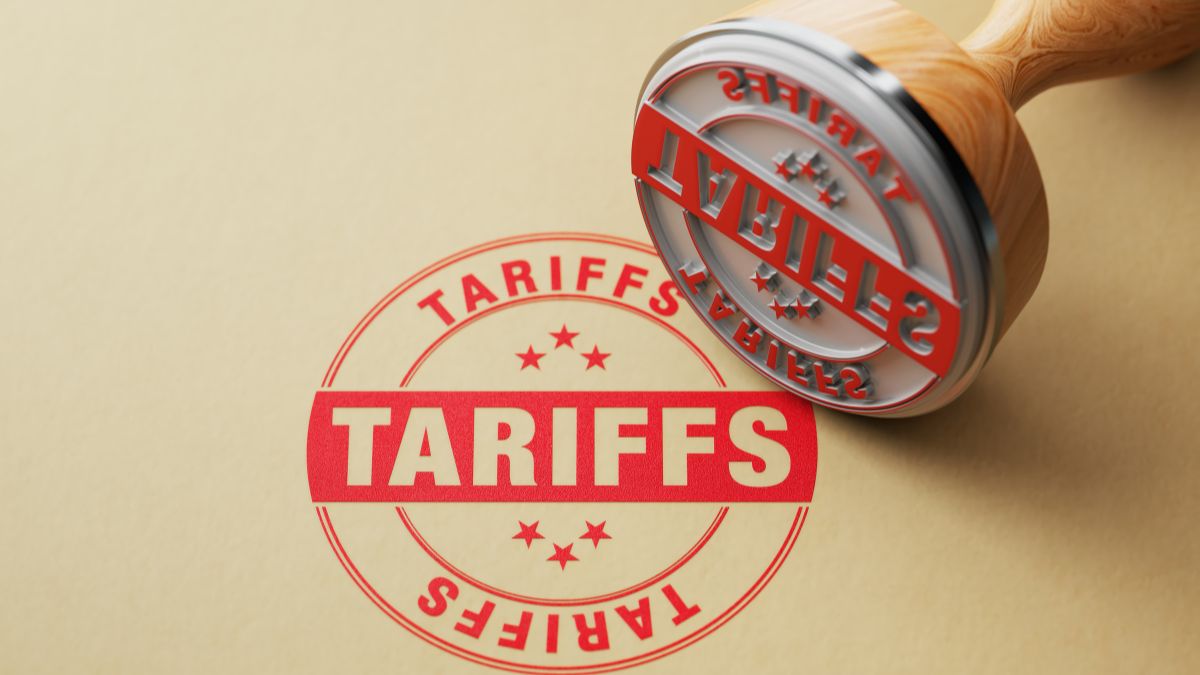As geopolitical tensions escalate, India is once again in the global spotlight — this time for its continued oil imports from Russia. U.S. President Donald Trump’s recent announcement of an additional 25% tariff on Indian exports, citing India’s sustained energy ties with Russia, has sparked debate over the real cost and strategic calculus of this relationship.
Russia’s discounted crude and India’s energy needs
India, the world’s third-largest crude oil importer, depends on imports to meet over 85% of its energy needs. Since 2022, Russia has become a key supplier, offering oil at discounts of $6–8 per barrel compared to global benchmarks. In FY24 alone, India is estimated to have saved nearly $25 billion by buying Russian oil.
Removing Russian crude from India’s import mix could increase annual costs by $4–6 billion, based on current pricing from alternative suppliers. India imports around 660 million barrels of oil annually, averaging 1.8 million barrels per day — a figure heavily cushioned by Russia’s cheaper offers.
Beyond price: Strategic stability and currency hedging
Russia isn’t just a cost-effective option — it has provided stable, uninterrupted supply amid growing Middle East volatility and OPEC+ production uncertainty. Many of these transactions are settled in non-dollar currencies like the rupee and dirham, offering India a financial buffer against forex volatility.
Could India absorb the shock?
Yes, but not without consequences. While the estimated annual cost increase of $4–6 billion is manageable, any sharp rise in global crude prices — triggered by Russian supply disruptions or further sanctions — could escalate the economic fallout, strain the current account, and fuel inflation.
It’s political, not just economic
India’s purchases from Russia remain compliant with global norms. But Trump’s move, particularly when China remains untouched despite similar imports, points to a strategic political signal. The energy trade has now become a new front in geopolitical power play.
Conclusion
India’s oil ties with Russia are rooted in cost, certainty, and strategic logic. Walking away would hurt — but not cripple — the economy. What’s more concerning is the growing weaponization of trade and energy in global politics.


